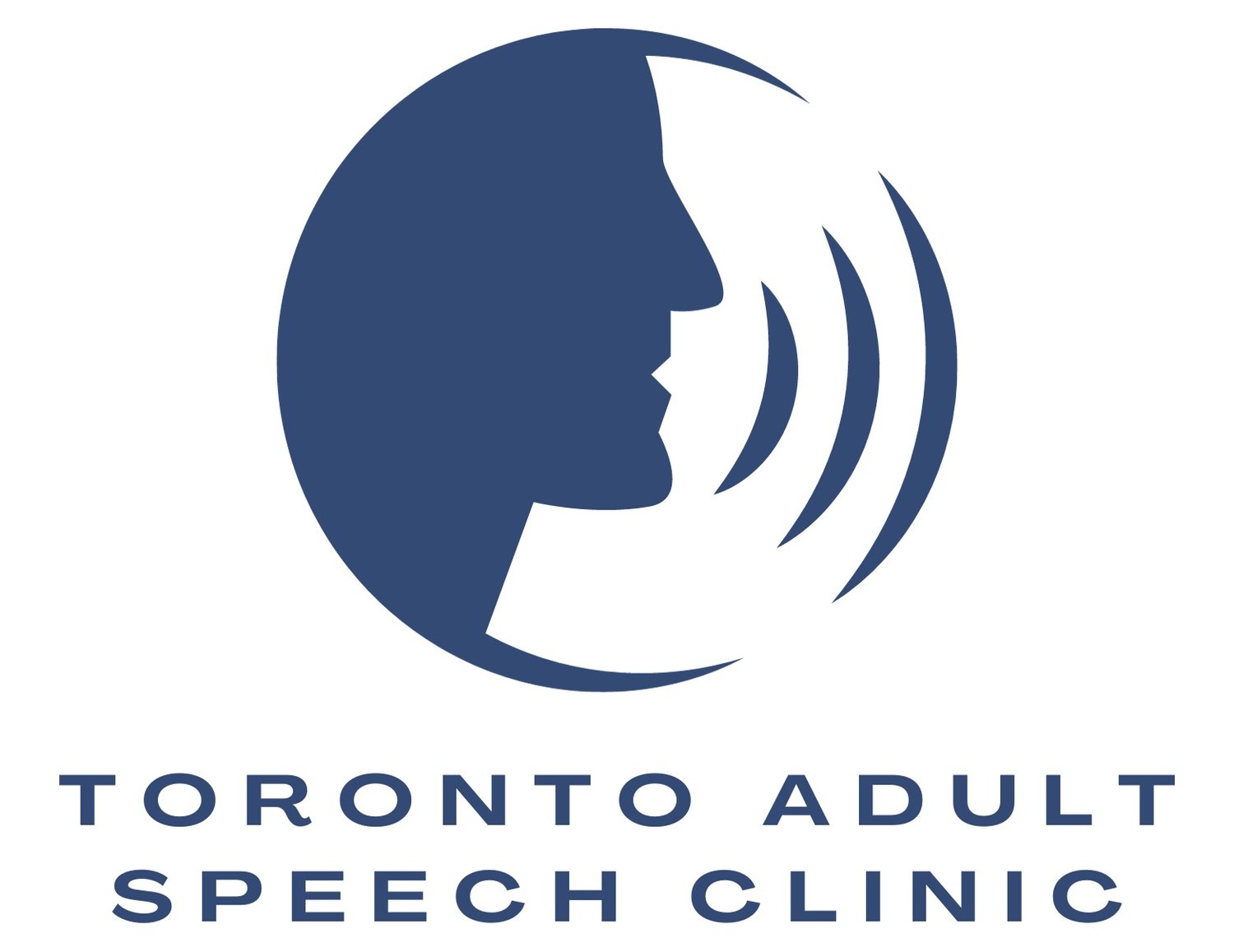Muscle Tension Dysphonia (MTD)
Muscle Tension Dysphonia (MTD)
Treating Pain, Strain, and Changes in Voice Function
In a previous post I discussed the production of the voice by the coordination of three different systems (see post here). These include the breath, the vocal folds, and the vocal tract (everything above the vocal folds including the throat, nose, and mouth). Inefficiency or dysfunction at any one of these points can result in changes in the quality of our voice and speech.
When it comes to the function of the vocal tract, one of the most common concerns I see at my clinic is Muscle Tension Dysphonia (MTD). MTD is caused by hyperfunction or overworking of the muscles of the neck, throat, tongue, and jaw that results in changes in the quality of the voice. Occasionally clients come to me with a suspected diagnosis from an Ear, Nose, Throat doctor who noticed no abnormalities or damage directly to the vocal folds, but suspected the muscles surrounding the vocal folds (in the vocal tract) are overworked. In other cases, this overworking has caused some damage to the vocal folds. It is also possible for someone to not have a diagnosis and seek support from a speech-language pathologist for what they suspect is MTD.
In some cases the overworking or hyperfunction associated with MTD has been caused by a person’s occupational demands- perhaps they work as a singer, teacher, lawyer, speech-language pathologist, or other profession where they are using their voices consistently at high levels throughout the day. In other cases, this overworking has been caused by an initial assault from trauma to the throat, sickness (like a cold or acute asthma), or acid reflux that results in the the person having to work harder to get their voice to sound or work for them. In other cases, this overworking has been caused by a significant and/or emotional life change that has led to psychological shifts in self-worth, anxiety, depression, or other concern with mental health. Occasionally, this overworking can also be caused by or lead to damage to the vocal folds.
Some common complaints associated with MTD include strained or hoarse voice quality, pain when speaking or when touching the areas around the neck, changes in the nasal quality of the voice, frequent loss of voice, excessive vocal breathiness, increasing rate of vocal fatigue, changes in pitch, sensation of the voice feeling stuck in the throat, or even pain swallowing. For singers, they can experience these symptoms, but may also notice changes in vocal range, difficulty navigating vocal passaggios/changes in registers, mixed voicing, or voice breaks, and an obvious change in the quality of their speaking voice at rest and after singing.
Treatment for MTD is complex and designed on an individual basis, but literature suggests the best voice therapy plan includes a combination of functional voice exercises (internal) and manual therapy (massage of musculature surrounding the voice) (external). A speech-language pathologist who is familiar with the voice and its dynamic function, like myself, can use massage and other manual therapies to address the external tension associated with MTD.
Remember, the voice is created by the coordination of many muscles and if these muscles have been overworked, then using massage and reposturing to remind these muscles what it feels like to be relaxed and not work so hard-can have signicant benefits both immediate and long-term. It is similar to clients who occasionally experience lower back pain- sessions with a massage therapist help to release these muscles and restore function immediately or over time.
It is always best to be proactive with voice therapy and seek the support of a speech-language pathologist when you notice changes to your voice. Just like areas such as massage therapy or osteopathy, laryngeal massage and manual therapy can be a benefit regardless of whether your voice change is acute or chronic. I always tell my clients, speaking, singing, or voice use of any kind is never supposed to feel hard, strained, or painful. If you have noticed changes to your voice or tension in the surrounding areas, don't ignore it- contact a speech-language pathologist to find out how they might be able to help restore the comfort back to your voice.
To learn more about the voice therapy at TASC click here. If you would like to know more about my experience working with the voice, see my updated CV.
Schedule an initial consultation today to find out if laryngeal massage could help you find your best voice.

